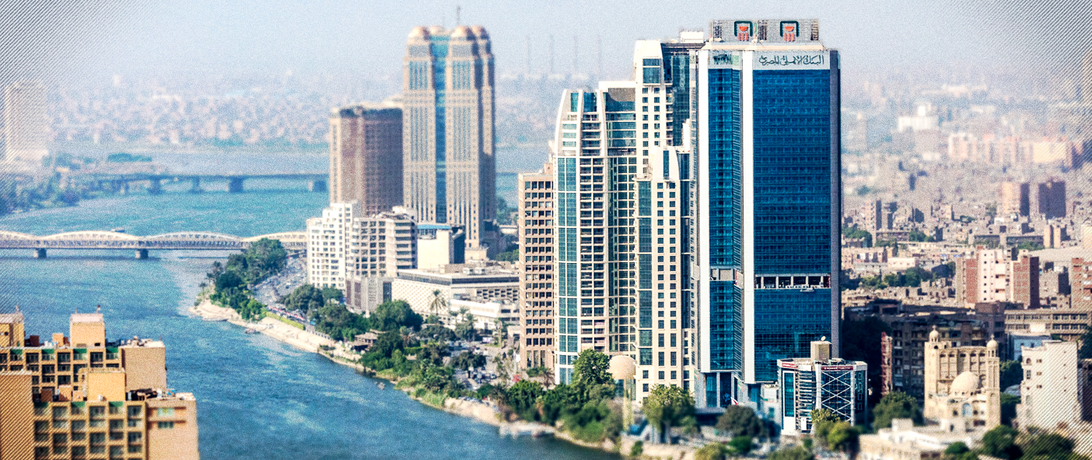
As the world’s population becomes increasingly urban the effects of climate change, together with conflict and state fragility, will likely create more and more challenges for cities of the near future.
Two emerging global trends put cities at the center of international concern: urbanization and climate change. When compounded with conflict and state fragility, future cities will face increasingly difficult challenges.
This idea is represented in the theme for this year’s World Cities Day on building sustainable and resilient cities. As the world’s population becomes increasingly urban, cities will become more responsible for providing essential services to a greater share of the world’s population. This trend is already visible. A 2016 UN-Habitat report, World Cities Report, noted that urbanization increased from 29 percent in 1950 to 49 percent in 2005, and 79 percent of the world’s megacities are located in the developing world (Latin America, Asia, and Africa) where challenges of urbanization are intensified by extreme poverty and a lack of capacity and resources to support sustainability.
The good news is that many city governments around the world are anticipating and planning for what the future urbanized world might look like.
In my recent book chapter, “Cities and the Paris Agreement”, in The Implementation of the Paris Agreement on Climate Change, I document what four cities in the United States are doing to mitigate greenhouse gas emissions and support the Paris Climate Agreement. US cities are heavily involved in transnational organizations on climate change mitigation, and many have produced action plans to reduce their cities’ carbon footprint. Their policies and programs to reduce greenhouse gas emissions serve as a laboratory to test scalable approaches to mitigate climate change.
One of these networks is the C40 Network. This is a global organization with 96 member cities around the world. For reference, their membership accounts for 25 percent of the world’s GDP and 1 in 12 of the world’s population. Their recent report, The Future We Don’t Want, identifies key challenges that cities will face as a result of climate change: heat extremes, poverty, water shortages, food insecurity, sea-level rise, and unreliable energy supply.
These effects will be most harshly felt by fragile and conflict-affected states. For example, the report finds that “by 2050, climate change will reduce key crop yields by at least 10 percent, impacting 2.5 billion people in 1,600 cities.” The impact of reduced crop yields could be devastating in countries like South Sudan where Oxfam warns that “6.3 million people [are] struggling to get enough to eat. 1.3 million more people are facing severe food insecurity [and] it is clear that years of conflict are fueling this hunger crisis.” According to the Igarape Institute’s Fragile Cities ranking, Juba, South Sudan, is among the most fragile cities in the world given its growing urban population by internally displaced persons and returned diaspora.
The compounding effects of urbanization, climate change, fragility, and conflict can be difficult to understand when predicting what the future world might look like. One thing is clear: cities will be at the center of this conversation. More must be done to support city governments, as noted by World Cities Day, “because cities need support to become resilient and develop their capacity to absorb the impact of hazards, protect and preserve human life and limit damage to and destruction of public and private assets while continuing to provide infrastructure and services after a crisis.”
There are few generalizable policy prescriptions for how to best support city governments because each local context differs. Cities like New York and Juba, South Sudan, will face wildly different problems requiring tailored responses. To demonstrate this, two more blogs over the next two weeks will expand on the unique challenges faced by cities around the world.
Article Details
Published
Written by
Topic
Program
Content Type
Opinion & Insights